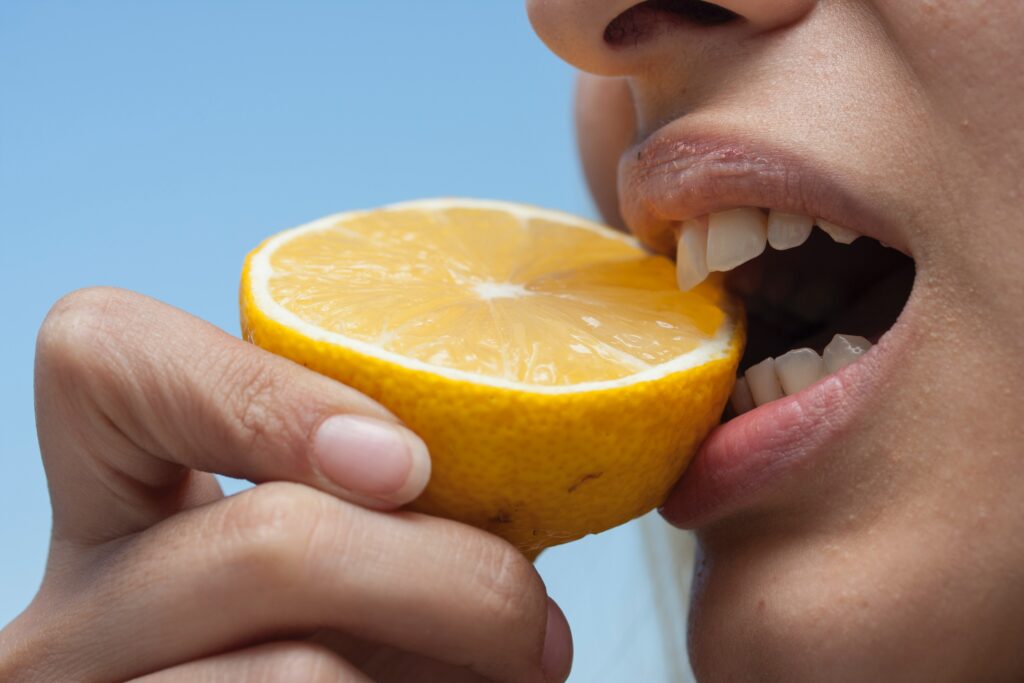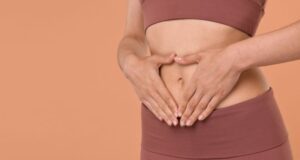
Hey there, fabulous ladies! Today, let’s dive into a topic that affects many of us during the incredible journey of perimenopause. We’ll explore the ins and outs of anemia, low ferritin levels, and their impact on our daily lives. But fret not! We’ll also discuss simple steps to improve your ferritin levels, boost your energy, and enhance your overall well-being. So, let’s jump right in!
Understanding Anemia and Hypoferritinemia:
First things first, what exactly is anemia? Anemia is a condition characterized by a low level of red blood cells or hemoglobin, which is responsible for carrying oxygen throughout our bodies. Within anemia, there exists a specific type called hypoferritinemia, which refers to low levels of ferritin, a protein that stores iron in our bodies.
The Importance of Iron and Ferritin:
Iron and ferritin play pivotal roles in maintaining our health and vitality. Iron is essential for the production of red blood cells, while ferritin acts as a storage protein, holding onto iron until our bodies need it. These two superheroes work hand in hand to keep us feeling energized and vibrant.
Symptoms of Low Ferritin Levels:
When ferritin levels dip, it can leave us feeling fatigued, weak, and unable to tackle our day-to-day activities with gusto. You may experience relentless tiredness, difficulty concentrating, decreased exercise tolerance, and even hair loss. Yikes! Low ferritin can really put a damper on our zest for life!
Causes of Low Ferritin Levels:
Several factors can contribute to low ferritin levels, especially during perimenopause. Heavy periods can lead to blood loss and subsequent iron depletion. Additionally, chronic diseases, like inflammatory conditions, gastrointestinal disorders, and even certain cancers, can also impact ferritin levels. Hormonal changes and declining estrogen levels during perimenopause can further exacerbate the situation.
Actions to Improve Ferritin Levels:
Let’s focus on solutions! To raise your ferritin levels and feel more energized, eat foods rich in iron. Include a variety of options like meats, fish, dark greens, nuts, and seeds. Vitamin C helps absorb iron better. Combine iron-rich foods with citrus fruits, strawberries, or bell peppers to boost absorption.
Gut Health and Iron Absorption:
Ah, the magical world of gut health! A happy gut means better absorption of the iron we consume. To improve your gut health, focus on incorporating fiber-rich foods like whole grains, legumes, and fresh fruits and veggies. Probiotics, found in yogurt, kefir, and sauerkraut, can also work wonders for your gut.
Specific Examples to Supercharge Your Diet:
Say hello to exciting meals that turn menopause into a dance party! Picture starting your day with a sunny omelet, then having salmon and broccoli for lunch. Dinner means cozy lentils and fluffy rice, while snacking is a hunt for almonds and pumpkin seeds. Every bite is a tasty celebration of feeling great during menopause!
Ladies, boosting your iron and gut health during perimenopause really matters. Eat iron-rich foods like lean meats, greens, and nuts. Also, go for fiber-rich foods and probiotics for a healthy gut. Doing this helps boost energy, vitality, and overall well-being.
Remember, feeling tired isn’t the norm. By understanding ferritin levels, eating iron-rich foods, and caring for your gut, you can feel vibrant and ace perimenopause like the amazing queen you are!










